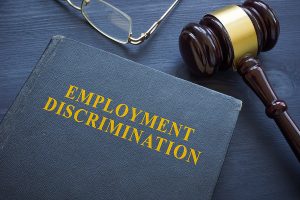If an employer fails to protect its workers from sexual harassment, especially by someone in the same workplace it may be held accountable under New Jersey law. That is the takeaway from a recent appellate decision that reinstated a certified alcohol and drug counselor’s lawsuit against her employer, Center for Family Services (CFS), after she alleged months of harassment by a male caseworker who worked in the same office.
 Although the counselor, Kristine Bodnar, worked inside a state agency’s office, the Appellate Division held that her actual employer, a nonprofit social services provider contracted to work with the state’s Division of Child Protection and Permanency (DCPP), still could be liable for failing to protect her.
Although the counselor, Kristine Bodnar, worked inside a state agency’s office, the Appellate Division held that her actual employer, a nonprofit social services provider contracted to work with the state’s Division of Child Protection and Permanency (DCPP), still could be liable for failing to protect her.
What Happened in the Case?
Kristine Bodnar was employed by CFS and assigned to work on-site at DCPP’s Burlington east office. Ms. Bodnar alleges that Ian Palumbo, a DCPP employee who worked in the same shared workspace, repeatedly harassed her over the course of several months, sending her inappropriate text messages and making unwelcome sexual comments and advances. She also alleges that Mr. Palumbo touched her hair and back, stood too close to her, and made comments and jokes about her supposedly having a sexual relationship with one of her coworkers.
 New Jersey Employment Lawyer Blog
New Jersey Employment Lawyer Blog










 In many
In many  recent
recent  The Facts of the Case
The Facts of the Case The Facts of the Case
The Facts of the Case


